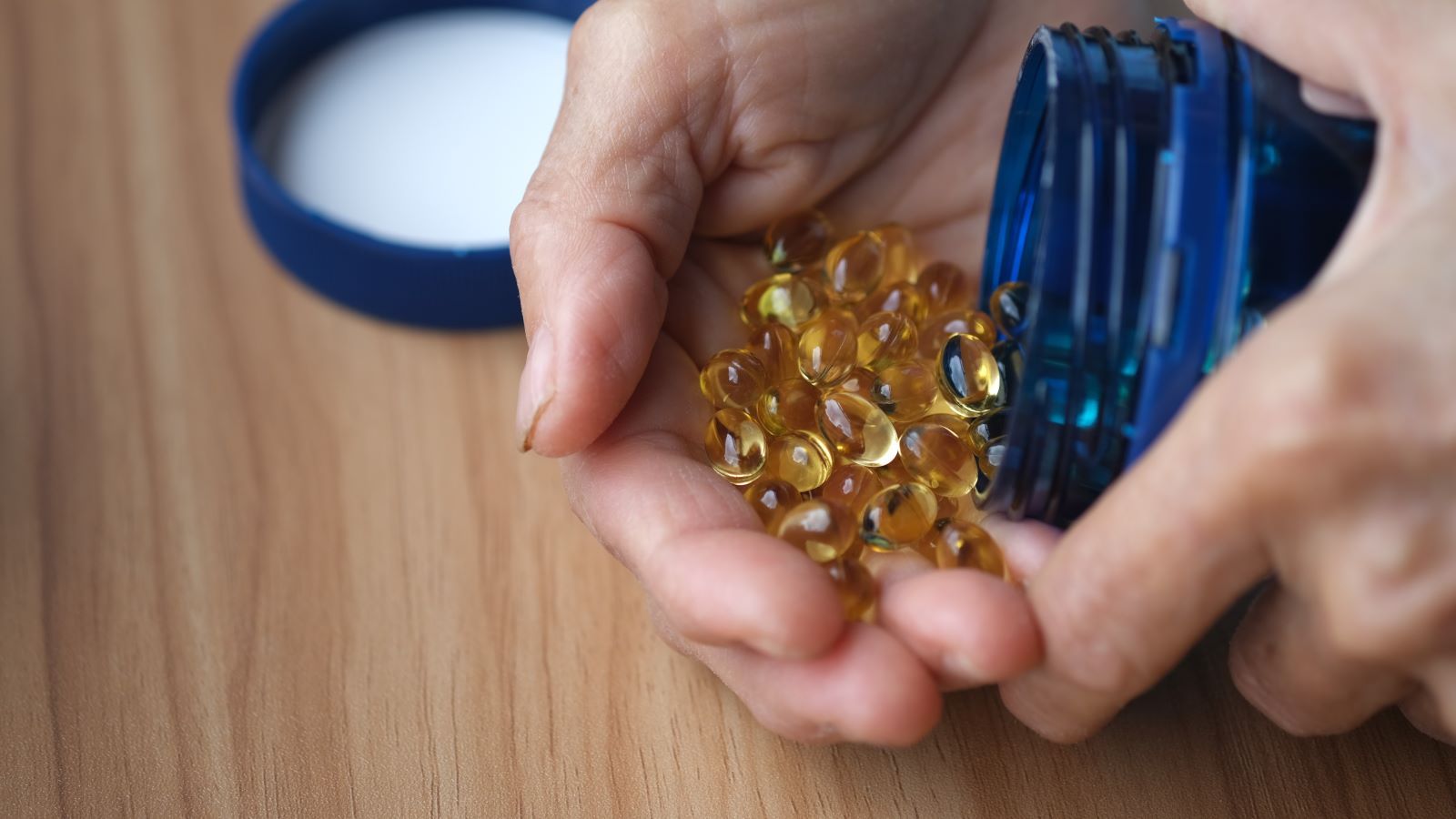<< Back
Can You Take Vitamin D as a Sleep Aid?

September 17, 2024
When you think vitamin D, you probably think sunny days — but do you think pleasant dreams? You should.
That’s right: For all the fancy supplements out there, more and more research is backing plain old vitamin D as a sleep aid.
Here’s why.
When your vitamin D is low, your sleep suffers.
You may already know that Vitamin D, which your body naturally cranks out in response to sunlight, is key for your bone health, immune response and even mood.
Now, a growing number of studies link it to sleep too.
“When vitamin D is low, the overall research shows that many people have poor sleep,” says David Klapper, MD, a sleep medicine expert at Hartford HealthCare.
What does this have to do with you? In the U.S., roughly four out of 10 people have a vitamin D deficiency. Which means there’s more than a one-in-three chance you’re one of them.
> Related: What Is the Best Temperature to Sleep In?
Vitamin D helps control the sleep-wake cycle.
Scientists are still hammering out the how and why, but many think Vitamin D’s effect on sleep is at least partly due to its connection to sunlight.
One way or another, we know that vitamin D is involved in parts of the brain that regulate sleep timing — including hormones that control the sleep-wake cycle.
“For example, vitamin D seems to affect how much melatonin is made in the body. Of course, that affects sleep,” says Dr. Klapper.
So, how much vitamin D do you need?
When you wander the vitamin aisle, you can find vitamin D supplements in everything from 400 to 5,000 IU, and people with more severe vitamin D deficiencies also have the option of injections upwards of 300,000 IU.
Which is right for you? It depends on your vitamin D levels — revealed by blood test — and any other medications or supplements you may be taking.
This is where your health team comes in.
“Bring it up with your doctor. They might recommend a higher or lower dose than you expect,” says Dr. Klapper.
If you’re struggling with sleep, start by asking why.
Sure, it’s tempting to just stock up on supplements and cross your fingers. Unfortunately, that can get in the way of a solution.
“Some people say, ‘I have insomnia’ and take something to sleep, then take more and more, and never solve their sleep issue — because insomnia was never the problem,” says Dr. Klapper.
Instead, ask your care team for help finding the reason behind your sleep troubles. There may be complicated issues at work, which only a specialist can detect.
Then again, it may be something simple like a Vitamin D deficiency — and a humble daily vitamin may turn out to be the sleep aid of your dreams.